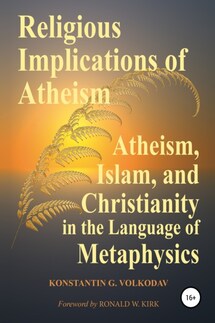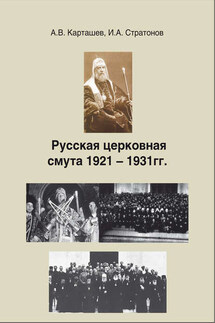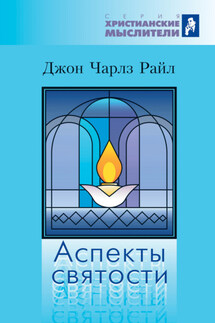Religious Implications of Atheism - страница 27
Thus, it can be sayed that Christianity is a paradox that is above religion and transfigurate religion. And if one tries to explain Christianity rationally, logically, its meaning, so to speak, for atheists, then its most basic core, its essence, its paradoxicality will inevitably be lost. It is logically inexplicable. Myths and legends of different peoples, no matter how fantastic they are, in any case contain traces of human psychology, elements of human logic. In Christianity, at its core, this is not the case. It is impossible to invent it. In it, at every point, there is a paradox and a contradiction to human common sense. Even the chosen apostles did not understand it at first. The former persecutor of Christians, the apostle Paul, labored more than them in the preaching of Christianity. And this is also a paradox.
Paradoxical and Orthodox Christianity
After the second century, Christianity began to divide, split into orthodox and heterodox. But both of them began to lose (not in theory, but in practice) the Christian paradoxicality. Of what the paradoxicality? When the ruler is like a servant, when Christians have everything (property) in common and they seem to have one heart and one soul (Acts 4:32) and love for one another (John 13:35), not a human for the sabbath (or the tradition of the elders), but sabbath for a human (Mark 2:27), etc.
Paradoxia (as opposed to orthodoxy or heterodoxia) is like the calcium in bones, which gives them strength. If the calcium is washed out of the bones, the bones break easily. Likewise, in Christianity, with a lack of practical paradoxia, it becomes fragile. It is no accident that atheism developed, first of all, in Christian countries.
The antonym of paradoxicality is orthodoxy—proven, traditional. “Orthodox” literally means “following the dominant tradition.” Paradoxicality and orthodoxy are two opposite paths. The first corresponds more to Christianity, and the second to paganism. The source of all the differences between them is the opposite attitude towards God and the spiritual world in general.
According to the Christian concept, God creates a human in his own image and likeness, i. e. in the act of creation the potential possibility of overcoming the ontological and spiritual abyss between the created and the uncreated is laid. The connection of the Creator with the creation can be so close that even the Incarnation of God in definitive and final form in Christ took place, i. e. real union of God with human nature. God believes in human and is ready to accept even death on the Cross for human sake. He encourages a human to establish a relationship of mutual love (characterized by freedom, selflessness and self-giving). These are relations of free individuals that cannot be subordinated to any formal scheme.
On the contrary, paganism is characterized by the fundamental ontological and spiritual alienation of human from any deities. The ancient Greek philosopher Epicurus said that the gods would never agree to accept a real human body. Even the material body of a human was considered by the pagans as a punishment, as a prison of the soul. Similar views were also in Hinduism, where deities took only ghostly forms (avatars), not uniting with matter in reality. Thus, a human seems to withdraw into himself, because the gap between him and the deities is insurmountable in principle. In addition, paganism seeks the possibility of either protecting a man from deities, or gaining their patronage for ‘a bribe’ (an offering), or by using some magical action to make the deities serve humans. The ideal of paganism is to “catch God” and make him fulfill the desires of man. To achieve this goal, a special religious system of methods, means and ways is being developed. Therefore in paganism “orthodoxy” is very much appreciated, that is, understandable logical explanations and formal schemes, the ability to achieve the desired result by simply following a known well-technique.






